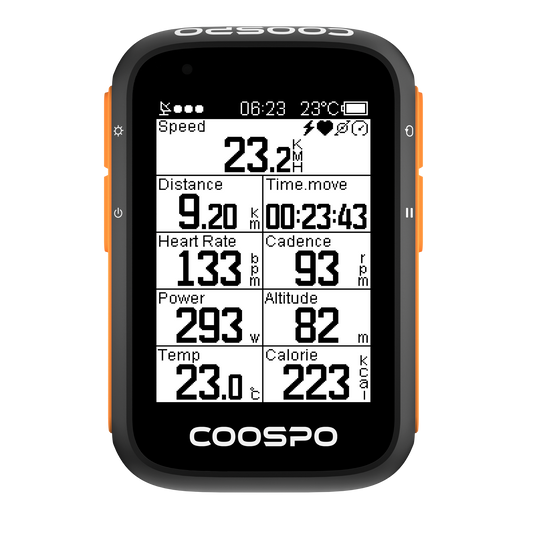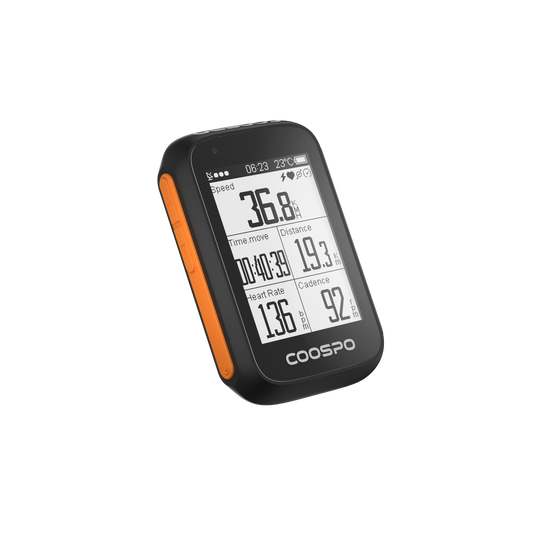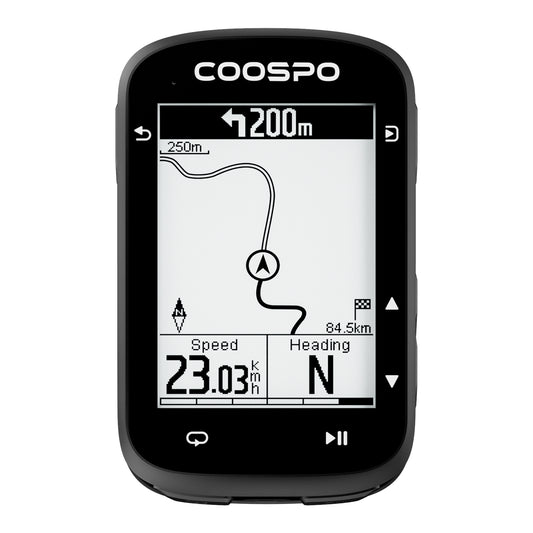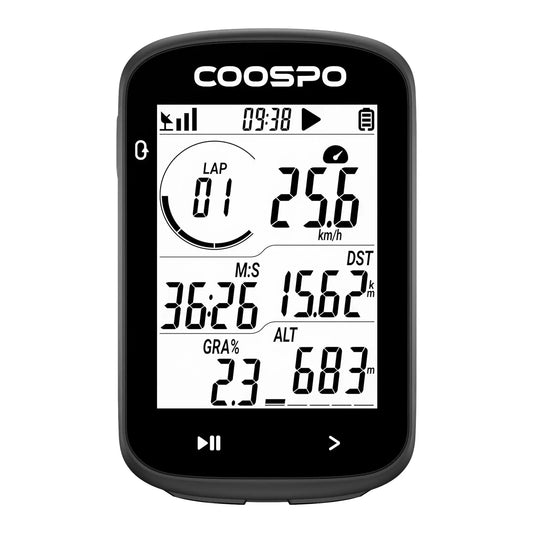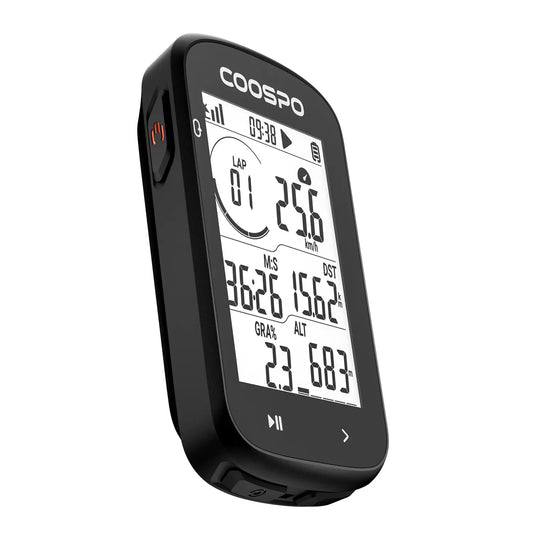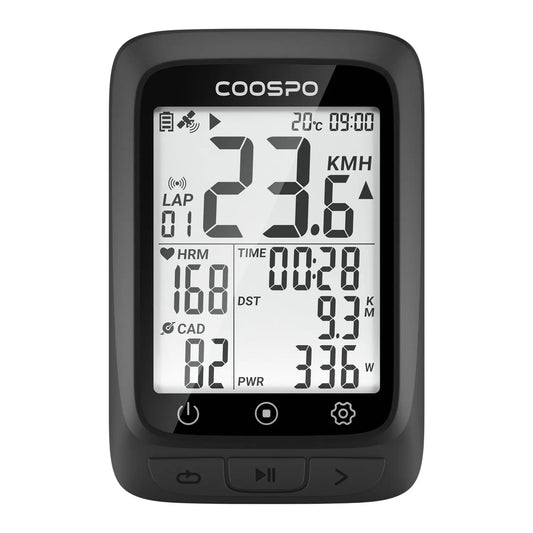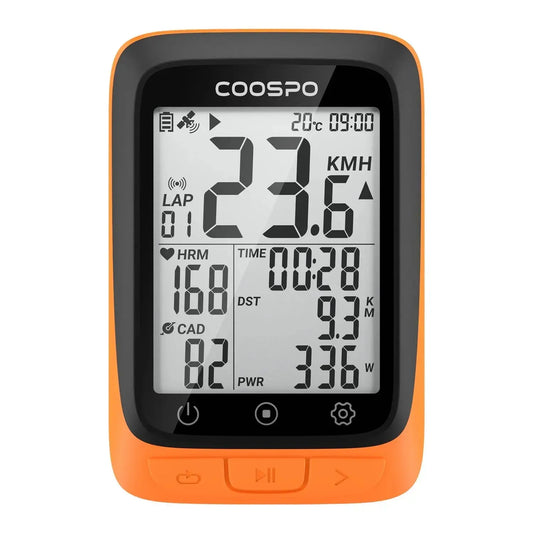Cómo encontrar su frecuencia cardíaca perfecta ?
Tu frecuencia cardíaca objetivo al correr puede cambiar según tu edad y tu nivel de condición física. Factores como el calor, la humedad y el estrés también pueden afectar tu frecuencia cardíaca.
Cuando haces ejercicio aeróbico, como correr, tu corazón late más rápido. A medida que corres más rápido y te esfuerzas más, tu frecuencia cardíaca aumenta. La sangre fluye hacia tus músculos para proporcionarles el oxígeno y los nutrientes que necesitan para seguir moviéndose.

Conocer tu frecuencia cardíaca ideal al correr puede ayudarte a aprovechar al máximo tus entrenamientos, desarrollar resistencia y evitar exigirte demasiado. En este artículo, te explicamos cómo afecta tu frecuencia cardíaca a tu carrera y cómo usarla para alcanzar tus objetivos de fitness.
Factores que afectan tu frecuencia cardíaca mientras corres
Tu frecuencia cardíaca mientras corres no es un número fijo: fluctúa en función de varios factores:
- Edad: la frecuencia cardíaca máxima (FCM) disminuye con la edad. Esta disminución afecta las zonas de frecuencia cardíaca y el rendimiento general.
- Nivel de condición física: Los corredores con niveles de condición física más altos tienden a tener frecuencias cardíacas en reposo más bajas y una mejor eficiencia cardíaca.
- Temperatura y humedad: Correr en condiciones de calor o humedad aumenta la frecuencia cardíaca ya que el cuerpo trabaja más para enfriarse.
- Estrés y fatiga: el estrés emocional o la fatiga física pueden provocar frecuencias cardíacas más altas durante el ejercicio.
- Altitud: A mayores altitudes, los niveles reducidos de oxígeno obligan al corazón a bombear más vigorosamente.
- Medicamentos: ciertos medicamentos, como los betabloqueantes o los estimulantes, pueden alterar la respuesta de la frecuencia cardíaca. Comprender estos factores le ayudará a interpretar los datos de su frecuencia cardíaca con precisión y a adaptar su entrenamiento en consecuencia.
Cómo determinar tu frecuencia cardíaca ideal al correr
Para determinar tu frecuencia cardíaca ideal al correr, es necesario identificar tus zonas de frecuencia cardíaca personales. A continuación, te indicamos cómo hacerlo:
Calcula tu frecuencia cardíaca máxima (FCM): la fórmula más común es 220 - tu edad. Por ejemplo, si tienes 30 años, tu FCM es aproximadamente 190 pulsaciones por minuto (ppm). Sin embargo, esta fórmula tiene limitaciones y alternativas como 207 - (0,7 × edad) pueden brindar mayor precisión.
Identificar zonas de frecuencia cardíaca: estas zonas son porcentajes de su frecuencia cardíaca máxima, cada una de las cuales representa diferentes niveles de intensidad:
Zona 1: 50-60 % de la frecuencia cardíaca máxima (actividad ligera, calentamiento o recuperación)
Zona 2: 60-70% MHR (resistencia aeróbica, zona de quema de grasa)
Zona 3: 70-80% MHR (moderado a duro, mejora la capacidad aeróbica)
Zona 4: 80-90% MHR (intensa, mejora la velocidad y la potencia)
Zona 5: 90-100% FCM (esfuerzo máximo, entrenamiento anaeróbico)
Realice una prueba de campo: para obtener más precisión, realice una prueba de campo, como correr al máximo esfuerzo durante varios minutos y controlar su frecuencia cardíaca. Herramientas como monitores de frecuencia cardíaca o relojes inteligentes pueden ayudar en este proceso.

Controle su frecuencia cardíaca en reposo: tómese el pulso al despertarse para establecer una línea de base. Una frecuencia cardíaca en reposo más baja suele indicar una mejor condición cardiovascular.
Frecuencia cardíaca objetivo promedio mientras corres
La frecuencia cardíaca objetivo varía según sus objetivos y su nivel de condición física. A continuación, se ofrecen pautas generales:
Principiantes: intenten alcanzar el 50-70 % de su frecuencia cardíaca máxima. Esto garantiza un ritmo cómodo mientras desarrollan la resistencia. Corredores intermedios: intenten alcanzar el 60-80 % de su frecuencia cardíaca máxima para mejorar la velocidad y la resistencia. Corredores experimentados: utilicen el 70-90 % de su frecuencia cardíaca máxima para el entrenamiento por intervalos o las carreras.
Por ejemplo, un corredor de 40 años con una frecuencia cardíaca máxima de 180 lpm podría aspirar a:
Zona 2: 108-126 lpm
Zona 3: 126-144 lpm
Zona 4: 144-162 lpm
Es importante hablar con un profesional de la salud si padece una afección cardíaca. Este profesional podría ayudarlo a establecer la frecuencia cardíaca ideal para usted.

Controlar tu frecuencia cardíaca mientras corres puede ayudarte a alcanzar tus objetivos. Por ejemplo, si tu frecuencia cardíaca es demasiado baja para la intensidad deseada, tendrás que esforzarte más. Si es demasiado alta, es posible que tengas que reducir la velocidad.
Usando un monitor de frecuencia cardíaca Puede ayudarle a realizar un seguimiento de su frecuencia cardíaca durante el ejercicio.
Cuando la frecuencia cardíaca es demasiado alta
Una frecuencia cardíaca que supera la zona objetivo puede ser una señal de sobreesfuerzo. Los síntomas incluyen mareos, falta de aire o dolor en el pecho. Las causas comunes de frecuencia cardíaca elevada incluyen deshidratación, mala recuperación o esforzarse demasiado durante el entrenamiento.
Si su frecuencia cardíaca excede constantemente los niveles seguros:
Disminuya la velocidad y permita que su frecuencia cardíaca vuelva a la normalidad.
Reevalúa tu plan de entrenamiento y prácticas de recuperación
Consulte a un médico si experimenta molestias o ritmos irregulares.
Un estudio de 2020 sugiere dedicar hasta el 9 % del tiempo total de entrenamiento semanal a un nivel superior al 90 % de la frecuencia cardíaca máxima. Esto es para ayudar a evitar el sobreentrenamiento y maximizar los beneficios del ejercicio.
¿Qué es el entrenamiento de frecuencia cardíaca? ¿Qué es el entrenamiento de frecuencia cardíaca?
El entrenamiento de frecuencia cardíaca es un método que utiliza zonas de frecuencia cardíaca para guiar los entrenamientos. Permite a los corredores concentrarse en sistemas de energía específicos y entrenar de manera eficiente sin sobreentrenarse.
Los beneficios clave incluyen:
- Entrenamientos personalizados: adapta la intensidad a tu nivel de condición física.
- Recuperación mejorada: ayuda a evitar el agotamiento al controlar el esfuerzo.
- Rendimiento mejorado: aumenta la resistencia, la velocidad y la eficiencia general.
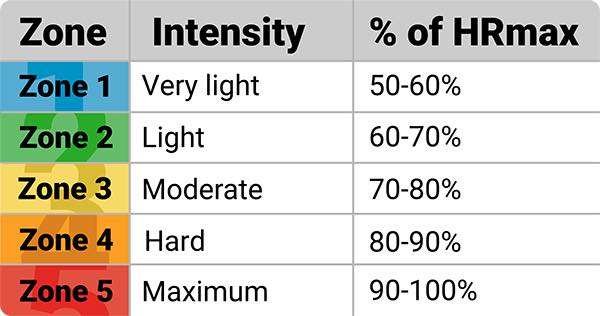
Los corredores de maratón que quieran mantener un ritmo constante durante largas distancias deberían entrenar principalmente en las zonas de frecuencia cardíaca 1 a 3. Si te estás preparando para una carrera más corta, como una de 5 km, deberías pasar más tiempo en las zonas 3 y 4. Los atletas de élite y los velocistas suelen centrar su entrenamiento en las zonas 4 y 5.
Usando un monitor de frecuencia cardíaca Puede ayudarte a hacer un seguimiento de tu entrenamiento. Si te encuentras con frecuencia en la zona 4 o superior, puede ser una buena idea disminuir el ritmo y aumentarlo gradualmente.
Preguntas frecuentes
¿Cuál es la frecuencia cardíaca normal para un corredor?
La frecuencia cardíaca ideal para correr depende de varios factores clave, como la edad, el nivel de condición física y cualquier condición de salud subyacente. En general, un rango promedio para actividades como caminar a paso ligero o trotar suavemente se encuentra entre el 50 % y el 75 % de la frecuencia cardíaca máxima. En cambio, para correr, la frecuencia cardíaca ideal suele oscilar entre el 70 % y el 85 %.
¿Es malo tener una frecuencia cardíaca de 170 al correr?
Una frecuencia cardíaca que alcanza los 170 lpm puede considerarse normal durante los entrenamientos de alta intensidad, especialmente entre los corredores más jóvenes. Sin embargo, si esta frecuencia elevada resulta excesivamente extenuante o está acompañada de alguna molestia, sirve como una indicación prudente para disminuir el ritmo. El uso de zonas de frecuencia cardíaca puede proporcionar un marco valioso para garantizar que el entrenamiento siga siendo seguro y eficaz.
¿Es alta una frecuencia cardíaca de 180 al correr?
Una frecuencia cardíaca de 180 pulsaciones por minuto es alta, pero no es inusual para algunos corredores durante sprints o entrenamientos duros.Sin embargo, si alcanzas 180 ppm durante carreras moderadas, puede significar que te estás esforzando demasiado.



